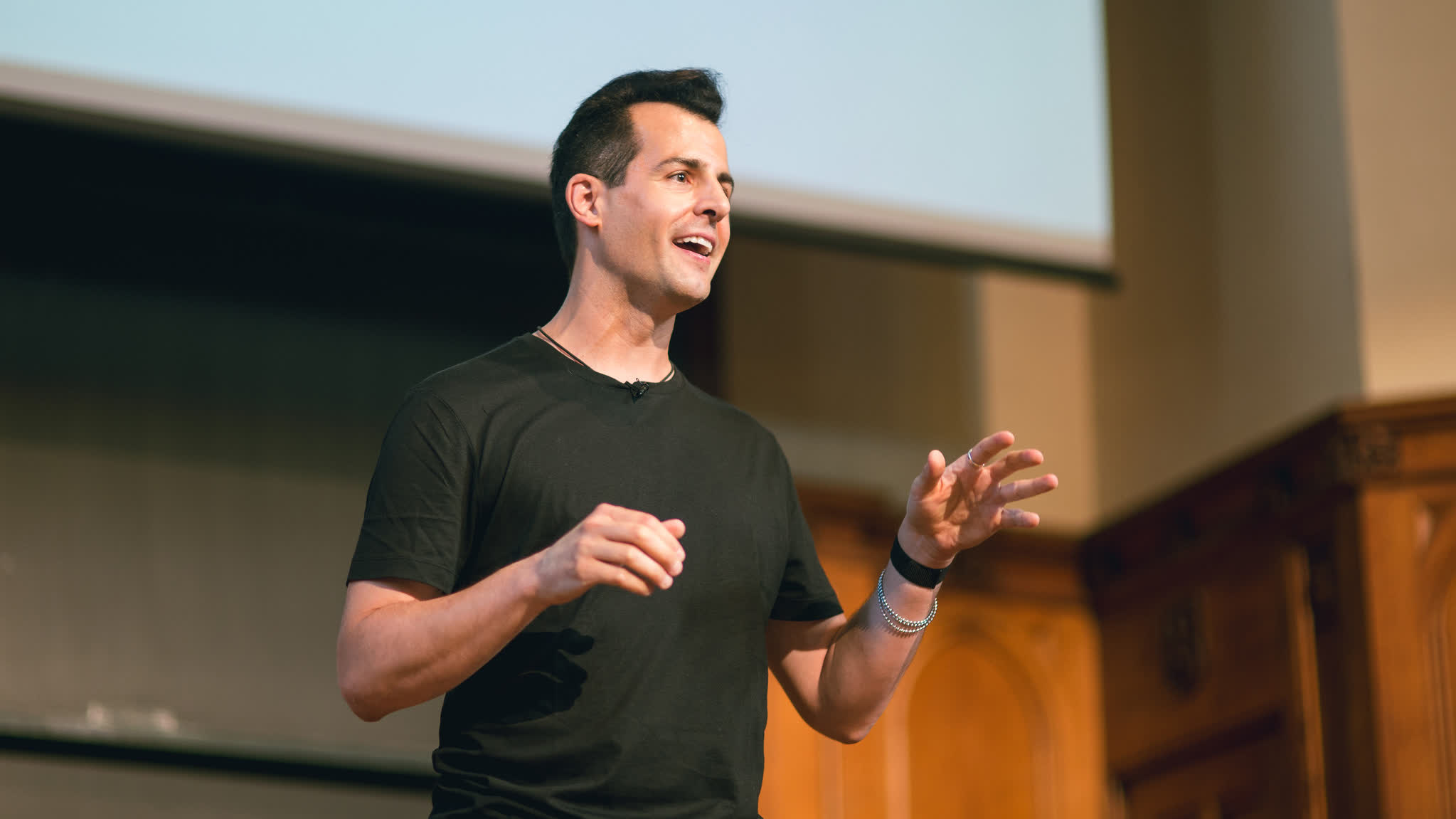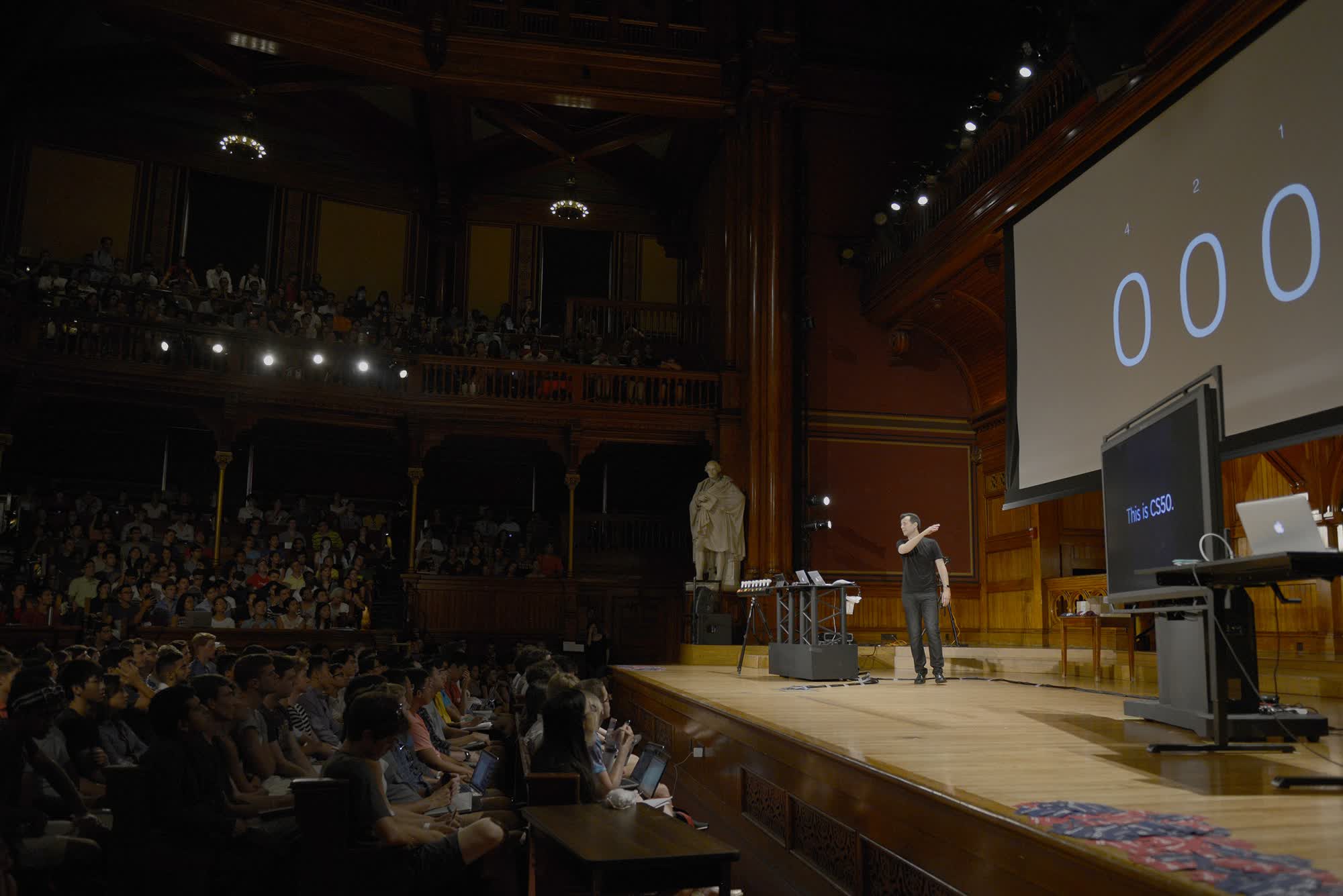Why it matters: The role of artificial intelligence in the classroom has been a hotly debated topic, with some institutions banning its use while others choose to embrace it. Opting to lean into the AI revolution, Harvard University recently announced its intent to provide generative AI as a teaching resource to students in one of its most popular courses. The University says the goal is to simulate a 1:1 student-to-teacher ratio while supporting each student's unique learning style.
Computer Science 50, also known as CS50, is one of Harvard's largest and most popular courses. The introductory-level computer science course spans a number of topics including coding languages, computer science concepts, IT security, and artificial intelligence. The on-campus version of the course averages more than 800 students, making one-on-one instruction and consultation extremely difficult for students and faculty alike.
In an attempt to bolster the support available for CS50 students, the University is rolling out its own proprietary large language model to provide students with feedback, debugging support, and to assist in troubleshooting errors, code, and other solution-related issues. The University's CS50 bot is described as being similar to ChatGPT without being "too helpful." For example, instead of providing full answers, such as those often provided by ChatGPT and similar AI tools, the model is designed to encourage student learning and engagement by guiding them to the right solutions rather than simply providing answers without further discovery.

The course is led by David Malan, a Gordon McKay professor of Computer Science at Harvard. Malan recently told The Harvard Crimson, the University's daily newspaper, that the goal is to approximate a 1:1 teacher-to-student ratio for every CS50 student enrolled in the course. According to Malan, the CS50 bot will provide each student with the software tools required to support their learning at a pace and style best suited to their individual needs.

The introduction of the course's new AI assistance marks a turning point for the University and AI's overall role in the classroom. Many educators fear that AI tools such as ChatGPT simply enable cheating, plagiarism, and even use of fabricated sources. Others see the tools as a security risk to exposed students, calling for increased requirements and standards surrounding student privacy and data collection. Adoption by large institutions such as Harvard will no doubt help to advance AI technologies and their application in a controlled, responsible manner.
You can experience the course and AI assistance first-hand without actually being accepted as a Harvard University student. The CS50 course is offered online via Harvard University and edX.org at no cost (though paid upgrades are available if desired). According to the edX.org registration site, more than 4.8 million users have enrolled for the most recent session beginning on June 24th. The site also says that the new AI support extends to all non-Harvard students accessing the course via edX, stating "...even if you are not a student at Harvard, you are welcome to 'take' this course for free by working your way through the course's eleven weeks of material."
